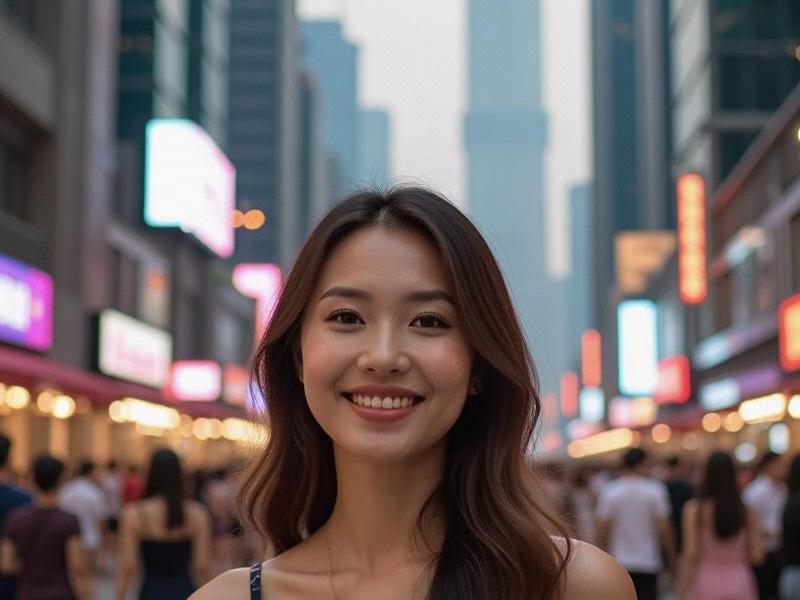This 2,400-word feature examines how Shanghai's women are crafting a distinct metropolitan aesthetic that blends traditional Chinese values with global influences, creating new paradigms of beauty, success and self-expression in modern China.

[Section 1: The Shanghai Look Through History]
Shanghai's beauty identity has evolved through distinct eras:
• 1920s-30s: The "Modern Girl" with qipao and marcel waves
• 1950s-70s: Austere revolutionary styling
• 1980s Reform Era: Rebirth of femininity
• 2000s Globalization: K-beauty and Western influences
• 2020s: The rise of "Guochao" (国潮) national style
[Section 2: Contemporary Beauty Ecosystem]
Shanghai's $3.8 billion beauty industry supports this evolution:
爱上海最新论坛 • 42% of China's cosmetic R&D occurs in Shanghai labs
• Nanjing Road hosts over 200 beauty concept stores
• Local brands like Florasis combine ancient recipes with augmented reality try-ons
Dermatologist Dr. Li Wen notes: "Shanghai women view skincare as investment, not vanity."
[Section 3: The New Shanghai Woman]
Interviews reveal shifting priorities:
• Finance executive Zhao Min (32): "My beauty routine is about confidence, not husband-hunting"
• LGBTQ+ artist Xiao Bai: "Shanghai lets me experiment beyond gender norms"
上海贵族宝贝自荐419 • Rural migartnWang Lili: "Learning makeup skills opened salon career opportunities"
[Section 4: Digital Influence]
Key trends shaping local beauty culture:
• Douyin "Shanghai Style" tutorials average 18M daily views
• Xiaohongshu's ShanghaiChic tag showcases hybrid East-West looks
• Virtual influencers like Ling Ling garner brand deals
[Section 5: Challenges and Controversies]
上海娱乐 Ongoing tensions include:
• Workplace discrimination against "plain" applicants
• Cosmetic surgery tourism to South Korea
• Generation Z rejecting their mothers' beauty rituals
Sociologist Dr. Chen observes: "Shanghai women navigate impossible pressures - be traditional yet modern, natural yet perfected."
[Conclusion]
Shanghai's beauty scene reflects China's broader cultural negotiations - preserving heritage while embracing change, satisfying social expectations while claiming personal agency. As the city positions itself as a global capital, its women are writing a new playbook for Chinese femininity.